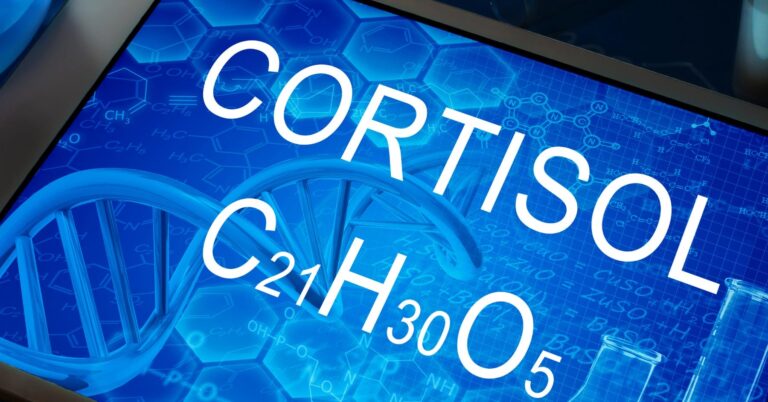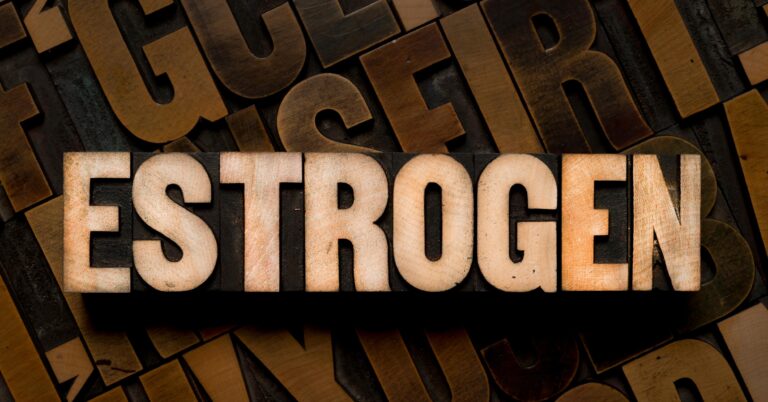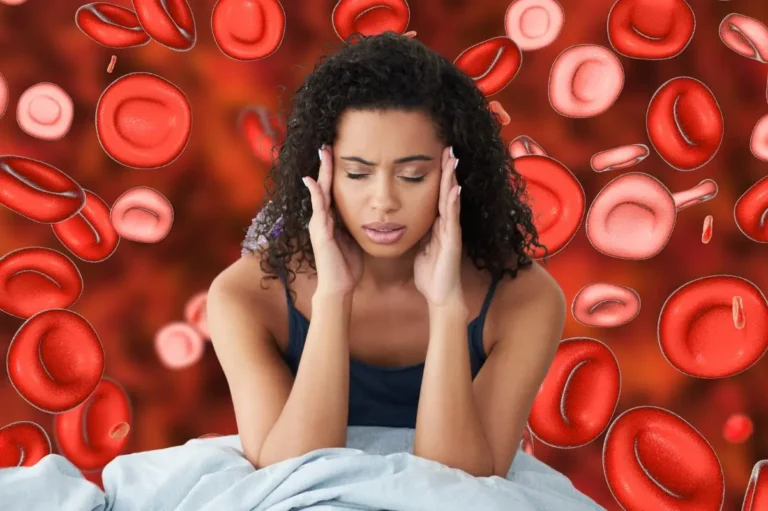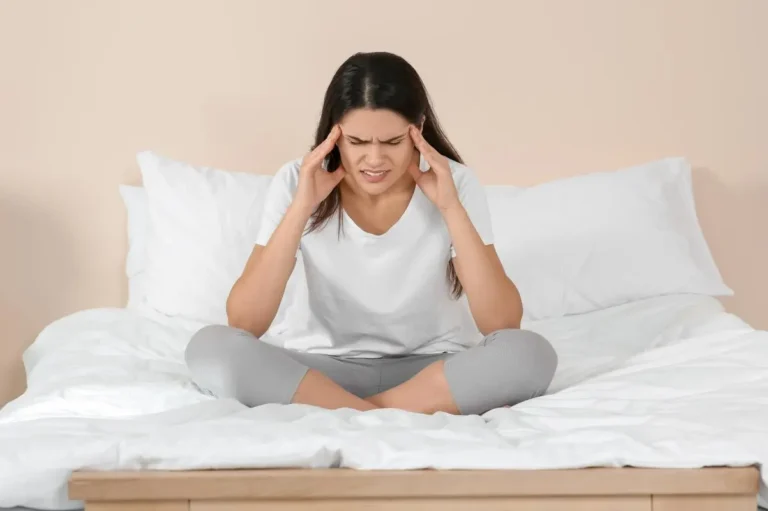10 Signs of Estrogen Imbalance That Every Woman Should Know
From controlling the menstrual cycle to promoting the health of the heart, bones, and brain, estrogen is essential for every woman’s body. But an imbalance in estrogen levels can impact everything from your weight to your mood. Early detection and successful treatment of estrogen imbalance depend on an understanding of its common symptoms. To help you take control of your health and wellbeing, we’ll break down the top 10 symptoms in this post that you shouldn’t ignore.
What Is Estrogen Imbalance?
Let’s quickly clarify what estrogen imbalance means before moving on to the symptoms. When your body produces either too much (estrogen dominance) or too little (estrogen deficiency), it is said to be in an estrogen imbalance. Natural hormonal changes (such as menopause or perimenopause), illnesses, stress, poor diet, or even exposure to environmental pollutants can cause this.
10 Common Signs of Estrogen Imbalance Every Woman Should Know
1. Irregular Periods
A change in your menstrual cycle is one of the first indications of an estrogen imbalance. Throughout your cycle, estrogen controls the uterine lining’s growth. If levels are excessively high or low, you might observe:
- Missed periods
- Very heavy or very light flow
- Short or extended cycles
This can often be the body’s early warning signal that hormones are out of sync.
2. Unexplained Weight Gain (Especially Around the Hips and Thighs)
The distribution of fat is regulated in part by estrogen. Even if your diet and exercise regimen haven’t changed, an excess of estrogen in your body can cause fat to accumulate in particular places, such as the hips, thighs, and lower abdomen.
3. Mood Swings and Anxiety
Hormones deeply impact mental health. Estrogen affects serotonin, the “feel good” chemical in your brain. Imbalance can cause:
- Anxiety
- Depression
- Irritability
- Mood swings before your period
If your emotions feel unpredictable or more intense than usual, estrogen could be a factor.
4. Fatigue and Low Energy
Regardless of how much sleep you get, do you always feel exhausted? Persistent fatigue may result from a hormonal imbalance, especially low estrogen. Thyroid dysfunction, which frequently coexists with estrogen problems, may also be connected to it.
5. Sleep Problems or Insomnia
Your sleep cycle is regulated in part by estrogen. Particularly during perimenopause or menopause, low levels may make it difficult to fall or stay asleep.
Try keeping a sleep journal to track patterns, and consider speaking to a healthcare provider if it’s affecting your daily life.
6. Hair Thinning or Hair Loss
Hair thickness and growth are influenced by estrogen. Hair thinning or shedding may result from an imbalance, especially along the part or at the crown. This can occasionally be mistaken for iron deficiency or hair loss brought on by stress.
7. Breast Tenderness or Changes
Breasts may feel swollen, lumpy, or tender due to high estrogen levels, especially prior to menstruation. A hormonal imbalance may be the cause of abrupt or ongoing discomfort, even though some tenderness is normal.
8. Low Libido
Sexual desire is influenced by both testosterone and estrogen. Vaginal dryness, discomfort during sexual activity, and a discernible decline in libido can all result from a drop in estrogen levels.
9. Memory Fog and Difficulty Concentrating
Many women report feeling “off” mentally when their estrogen levels shift. If you’re experiencing:
- Trouble remembering names or appointments
- Difficulty focusing
- Slower thinking
…these could all be signs of low estrogen affecting cognitive function.
10. Bloating and Digestive Discomfort
Gut motility and fluid balance are impacted by estrogen. When out of balance, you may have chronic constipation, bloating, or even symptoms similar to IBS. Estrogen may be the cause if other hormonal symptoms coexist with digestive problems.
What Causes Estrogen Imbalance?
Estrogen levels can be affected by a variety of factors, including:
- Age-related changes (e.g., perimenopause or menopause)
- Chronic stress
- Poor diet and lack of exercise
- Polycystic ovary syndrome (PCOS)
- Thyroid disorders
- Exposure to endocrine-disrupting chemicals (EDCs) in plastics, cosmetics, and household products
For more information, you can explore resources from NHS and Hormone Health Network.
What to Do If You Suspect an Estrogen Imbalance
If you’re experiencing several of these signs, it’s worth talking to your GP or a hormone specialist. They may recommend:
- Hormone blood tests
- Lifestyle changes (diet, exercise, stress reduction)
- Bioidentical hormone therapy (BHRT) or other treatments
- Supplements like DIM, magnesium, or vitamin B6 (under professional guidance)
Conclusion
Being aware of the typical symptoms of estrogen imbalance, which every woman should be aware of, can greatly aid in taking charge of your health. Your body frequently alerts you when something is amiss, ranging from mood swings and irregular periods to changes in weight and low energy. Don’t ignore any of these symptoms; instead, consult a healthcare professional and explore your options for restoring hormonal balance.
5 Habits That Keep Women Fit and Energized Daily
Check out the healthlynic ✔️approved range of products for Weight Loss, Improve metabolism and much more!







